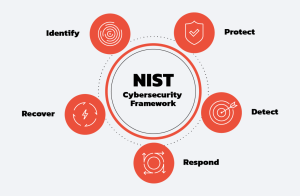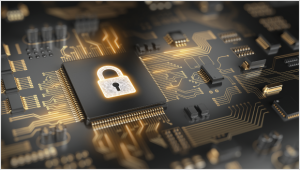As indicated by the draft for the Pentagon’s 2018 Nuclear Posture Review, the U.S. would consider utilizing atomic weapons to react to non-atomic assaults.
While the Pentagon’s proposed approach change recommends the U.S. ought to “only consider the use of nuclear weapons in extreme circumstances to defend the vital interests of the United States or its allies and partners,” large cyber attacks are considered “extreme circumstances.”
After reviewing threats posed by Russia, China, North Korea and Iran, the document reads:
“The United States would only consider the use of nuclear weapons in extreme circumstances to defend the vital interests of the United States, its allies, and partners. Extreme circumstance could include significant non-nuclear strategic attacks. Significant non-nuclear strategic attacks include, but are not limited to, attacks on the U.S., allied, or partner civilian population or infrastructure, and attacks on U.S. or allied nuclear forces, their command and control, or warning and attack assessment capabilities.”
Notice that “cyber attack” isn’t particularly mentioned, yet authorities who requested to stay anonymous disclosed to The New York Times that “extensive digital attacks” could warrant an atomic response.
During the Cold War, nukes ensured commonly guaranteed destruction. That same common guaranteed extinction has been connected to huge scale cyberwar — knock out our energy network, and we will do the same. It stays to be checked whether the danger of nuking a nation for pulling off huge digital attacks would fill in as a hindrance or be the begin of doomsday.
Two weeks ago, President Donald Trump was bragging about having a “much bigger” and “more powerful” nuclear button that North Korean leader Kim Jong Un.
“Almost everything about this radical new policy will blur the line between nuclear and conventional,” Andrew C. Weber, an assistant defence secretary during the Obama administration, told The New York Times. If the draft is adopted as is, the new policy “will make nuclear war a lot more likely.”
The draft, called “pre-decisional” by the Pentagon, is currently being reviewed by the White House. The final version is expected to be released in February.

























